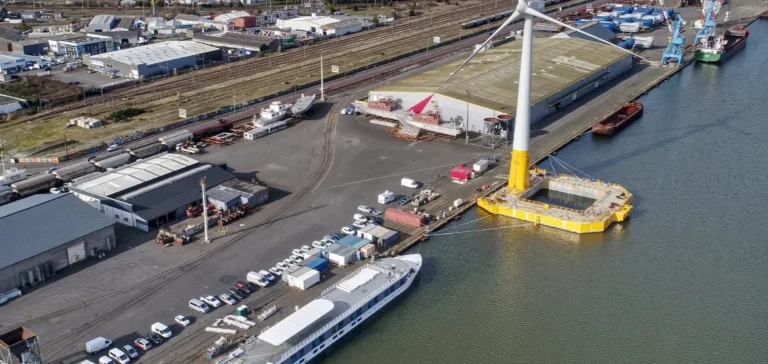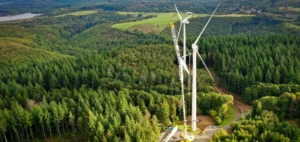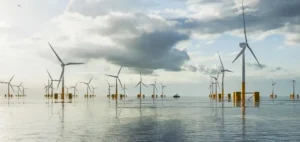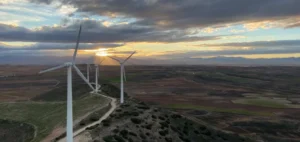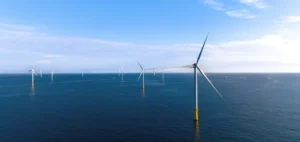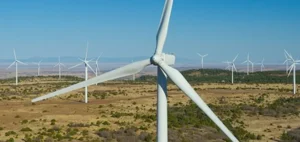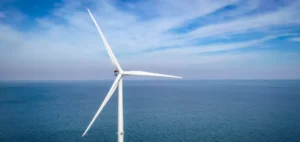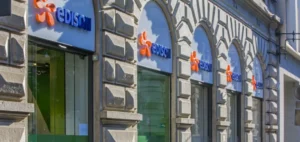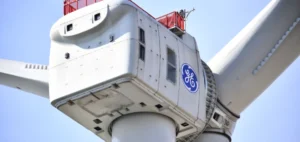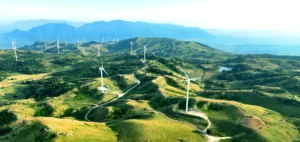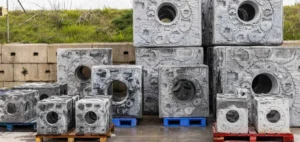BW Ideol has announced that its Fos3F project, aimed at producing concrete floaters for floating wind turbines, has been selected by the European Commission under the Innovation Fund. This financial support, which may reach €74mn ($78.8mn), is intended to back the development phase of an industrial facility located in Fos-sur-Mer on France’s Mediterranean coast.
A production line for an 8 GW estimated market
The future plant will use BW Ideol’s proprietary Damping Pool® technology, already tested offshore on two continents. This technology is designed to support turbines with a capacity above 15 megawatts (MW), and up to 20 MW for upcoming models. The production line will integrate industrial processes from civil engineering, including automated slipforming, robotic prefabrication, and rail skidding, adapted to serial manufacturing.
The site aims to serve projects in France, Spain, Italy, and Greece, where the potential for floating wind development is estimated at 8 gigawatts (GW) by 2043. BW Ideol thus plans to meet increasing demand for floating infrastructure across the region.
A project selected from over 350 applications
Out of 359 submitted applications, 61 projects were selected by the European Commission under the 2023 call for projects of the Innovation Fund. In the “Cleantech Manufacturing” category, which targets the production of components for renewable energy, only 11 projects were selected, including BW Ideol’s initiative.
The Fos3F project also received the “Strategic Technology for Europe Platform” (STEP) label, reserved for projects considered of strategic importance at the European Union level. This distinction launches a negotiation phase between BW Ideol and the European Commission to finalise the grant agreement. The process is expected to conclude in the first half of 2026.
Regional industrial impact
According to BW Ideol, the plant could generate around 1,300 direct jobs at the Fos-sur-Mer site. Large-scale local production of floaters is intended to strengthen the European Union’s industrial autonomy in energy technologies.
The manufacturing line will help build an industrial supply chain across the Mediterranean basin, centralising floater production near offshore wind development zones. The project is presented as a lever for improving regional supply chain competitiveness in the floating wind sector.


